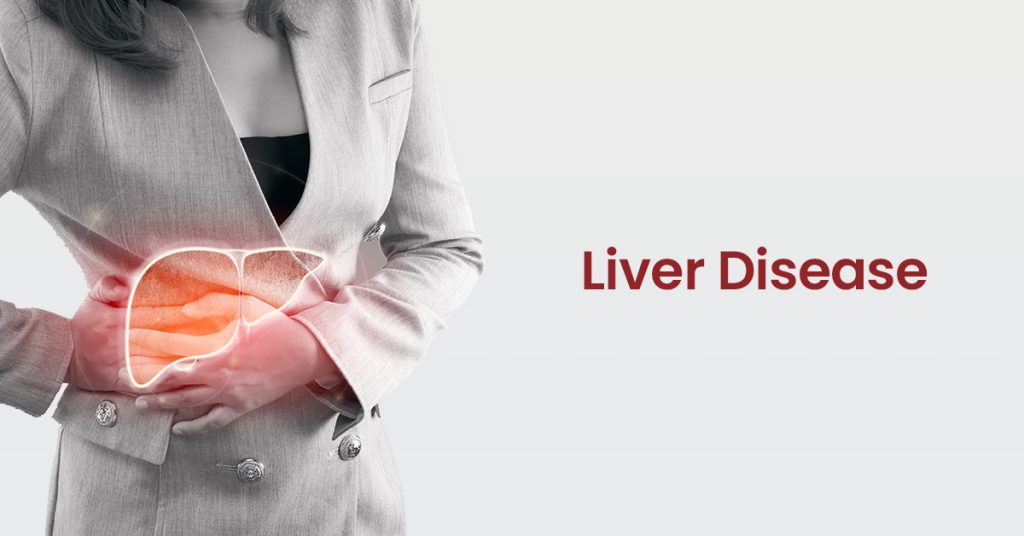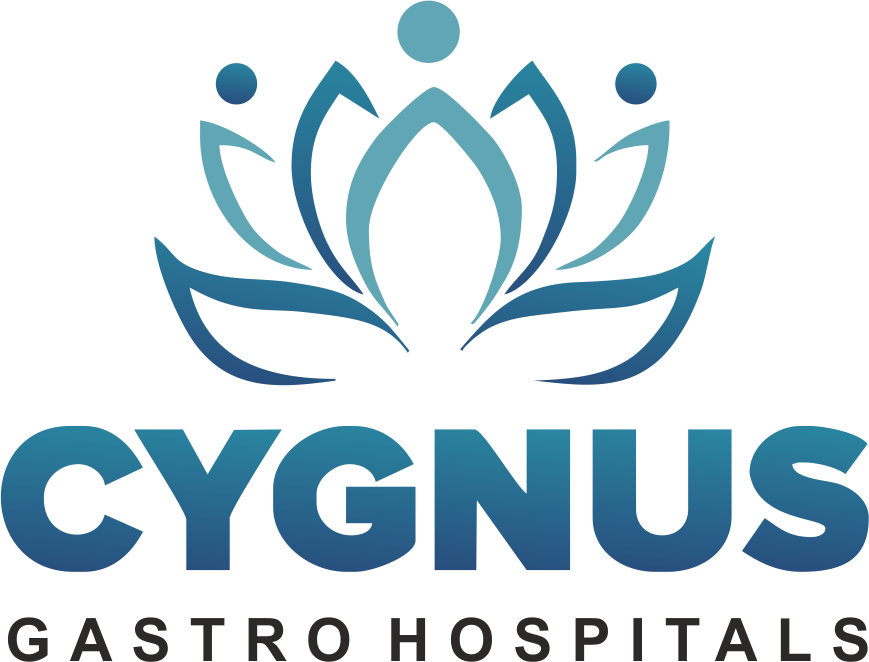
The number of varied diseases pertaining to liver disease is often caused by infections, derived conditions, over abuse of alcohol, and obesity. Eventually, this diseased condition of the liver will lead to scarring and more serious complex conditions. If this can be treated to heal damage, thereby preventing further damage to the liver. Cygnus hospital is the Gastroenterology hospital in Hyderabad, we serve you with the best and most famous gastroenterologist in Hyderabad
The term “liver disease” means that there are many conditions that will affect and cause damage to the liver. Cirrhosis (scarring) is caused over a long period of time. When a greater amount of scar tissue replaces healthy liver tissue, the function of the liver will not be performed any longer. If that is left untreated, it eventually can lead to liver failure or liver cancer.
Causes for different types of Liver Disease:
Liver disease may result from:
· Viral infections: The Liver diseases caused by viral infections are Hepatitis A, Hepatitis B, and Hepatitis.
· Problems due to the immune system: An Autoimmune Liver Disease is when your immunity targets and attacks your own liver. These includes Autoimmune Hepatitis and Primary Biliary Cholangitis.
· Inherited diseases: Due to the presence of some genetic conditions (inherited by parents), some liver problems are developed. Inherited Liver Diseases includes Wilson disease and hemochromatosis.
· Cancer: When abnormal cells multiply in your liver, you may develop tumors. These tumors may benign (noncancerous) or malignant (liver cancer).
· Consuming too many toxins: Alcohol abuse leads to Alcoholic Fatty Liver Disease. If too much fat is consumed, then it causes Non-Alcoholic Fatty Liver Disease (NAFLD). NAFLD is becoming more common as rates of obesity and diabetes are on the rise.
Symptoms of Liver Disease:
Not all Liver Diseases cause symptoms (this includes Non-Alcoholic Fatty Liver Disease). Jaundice – yellowing of skin & whites of the eyes are the most common symptoms. When bilirubin cannot be cleared by the liver, the liver develops a condition called Jaundice.
Other signs of Liver Disease may include:
- Abdominal pain (particularly on the right side).
- Bruising easily.
- Change in the color of your urine or stool.
- Fatigue.
- Nausea or vomiting.
- Swelling in your legs or arms (edema).
Diagnosis of Liver Disease:
An accurate diagnosis of Liver disease includes one or more of the following tests:
Blood tests: Measure levels of liver enzymes in your blood can be detected by this test. Additional tests of liver function contain a blood-clotting test called the (INR) International Normalized Ratio. Problems with liver functionality are detected if these indicate abnormal levels.
Imaging tests: The use of ultrasound, MRI, or CT scan is done to locate the signs of damage, scarring, or tumors in the liver. Fibroscan – another specialized type of ultrasound can be used to determine the degree of scarring and fat deposition in the liver.
Liver biopsy: A small sample of the liver tissue is collected with the help of a small and thin needle during a liver biopsy. They examine the tissue to look for signs of liver disease.
Treatment & Management of Liver Disease:
The type of Liver Disease and the progression of Liver Disease determine the treatment for liver disease. Possible treatments include:
Medications: The doctor provides some types of liver disease with medication. Remedy for viral infections like hepatitis or inherited disorders like Wilson disease.
Lifestyle changes: Diet can help manage certain types of liver disease. For fatty liver disease, avoiding alcohol, limiting fat and calories, and increasing fiber intake can help. For alcohol-related liver disease, improvement is observed by avoiding alcohol.
Liver transplant: A liver transplant is the best option if a liver failure has occurred due to liver disease. A transplant replaces the diseased liver with a healthy liver.
Preventive measures:
Some Liver diseases that are developed due to diet and lifestyle can be prevented. If you are at risk for liver disease, your doctor may recommend lifestyle changes that include:
- Avoiding or limiting alcohol.
- Avoid foods and drinks that contain trans fats or high-fructose corn syrup.
- Carefully managing the excessive medication by careful examination and control of the intake of prescription and over-the-counter medications to avoid liver damage, as medications like acetaminophen are a common cause of liver injury.
- Having regular exercises.
- Eluding or controlling the consumption of red meat.
- Safe sex and not sharing needles can minimize the risk of infection with viral hepatitis.


